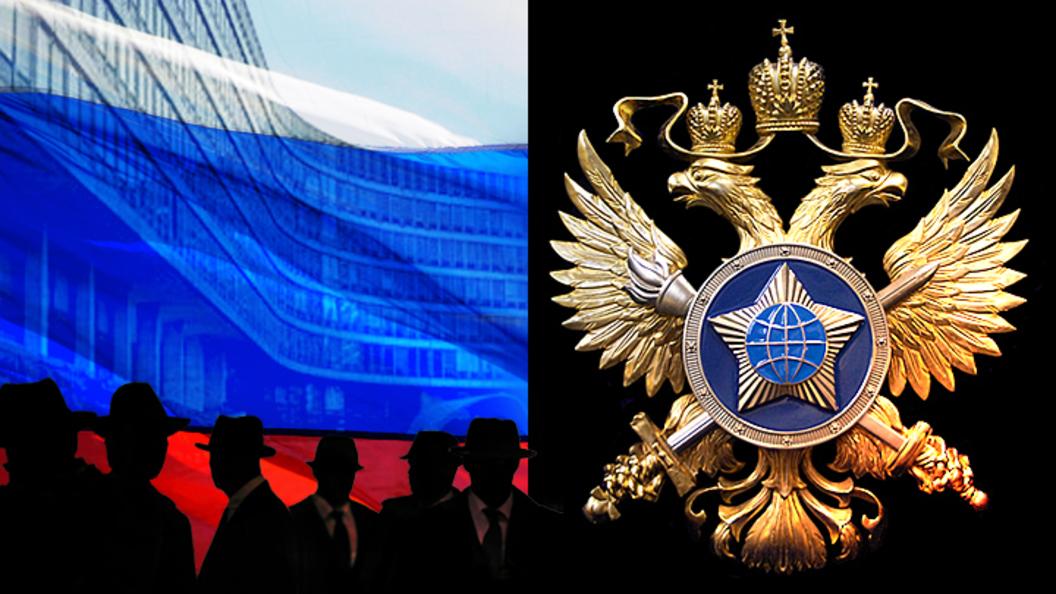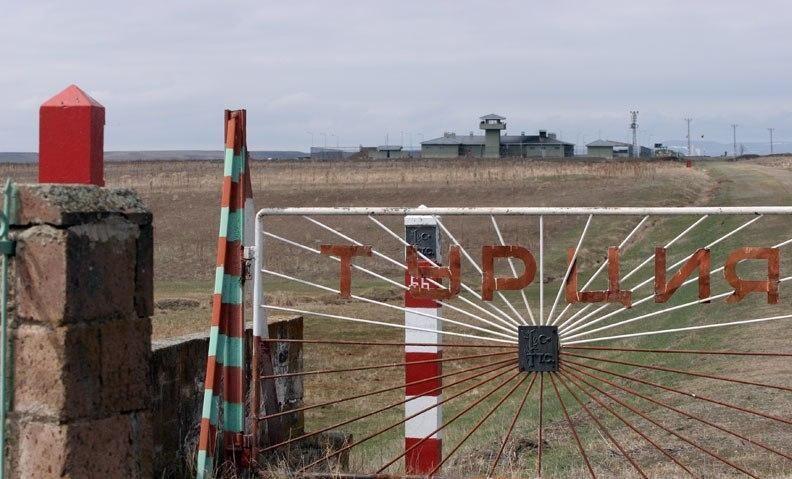Armenia's "multi-vector" policy puts its sovereignty at risk X-hour looms over Yerevan
Armenia is facing a challenging situation. Yerevan's decision to bring the errant soldier back to Azerbaijan's side is a good step. The Armenian government has made the decision not to further the precarious situation. Furthermore, the intricacy of the situation stems from the possibility that multi-vectorism—as defined in the Yerevan offices of power—is starting to pose a challenge to the nation's sovereignty.
Our website has published an article about a letter sent by Armenian Defence Minister Suren Papikyan to Josep Borrell, seen by the Russian Grey Zone telegram channel. In the letter, Papikyan requests EU assistance in "logistics and military medicine" through the European Peace Foundation. He believes that this assistance will be crucial in diversifying Armenia's security architecture, especially given the current realities in the region. It is worth noting that the EPF is one of the channels through which Europe supplies arms to Ukraine. The Telegram channel points out that the close cooperation between Armenia and the EU is entering a new stage, as it has now expanded to include full-fledged cooperation in security matters through the EFM. This is the same channel through which the Ukrainian Armed Forces are also generously sponsored, leading to the logical conclusion that Armenia and the EU are taking their cooperation to a whole new level.
The document is dated January 30, and the Russians likely obtained it much earlier than its publication date. The release of this information has another aim - to demonstrate to Yerevan, which is increasingly distancing itself from Moscow, that none of its actions go unnoticed by the Russian security services. It is unclear which is worse for Yerevan - whether the Russians discovered Papikyan's letter in Yerevan or Brussels. Nevertheless, Moscow has demonstrated that it has a long reach.

It appears that the relationship between the two countries is nearing a critical point. This can be inferred from the fact that the Russian Foreign Minister, Sergey Lavrov, did not wait for his Armenian counterpart, Ararat Mirzoyan, to approach him at a diplomatic forum in Antalya. Instead, he took the initiative to call Mirzoyan himself upon returning to Moscow. It seems unlikely that Lavrov would have called to insult Mirzoyan; rather, he may have wanted to warn him of something that he did not want to hear during their meeting in Türkiye. Lavrov was willing to put his pride aside to ensure that Mirzoyan received the warning so that it could not be said later that he had not been warned.
The fact that the moment of truth in relations between the two countries is approaching is also evidenced by the fact that Russian Foreign Minister Sergey Lavrov, who did not wait for his Armenian counterpart Ararat Mirzoyan to approach him at the diplomatic forum in Antalya, did not hesitate to call the "elusive" diplomat's number himself on his return to Moscow. It is unlikely that Lavrov called him to insult him, but rather to warn him of something that Mirzoyan was so keen to avoid hearing in Türkiye. And Lavrov swallowed his pride and did it so that no one would say later that he had not been warned.
Meanwhile, Armenia seems to have problems with its southern neighbour. It is not without reason that the aforementioned Papikyan left for Tehran today. At the same time, Armenian pro-Western media are whipping up anti-Iranian hysteria, as Armenian political scientist Sergey Melkonian reported on his Telegram channel.
The well-known Azerbaijani political scientist Farhad Mammadov has devoted analytical material on his Telegram channel to the Iranian agenda in Armenian politics. The expert began his analysis by saying that Iran is the country that has supported Armenia the most in difficult times, recalling Tehran's provision of its territory for smuggling Russian weapons during the 44-day war, post-war provision of resources to Karabakh separatists, sending sabotage groups to Karabakh and accumulation of tens of thousands of military personnel on the border with Azerbaijan. According to Mammadov, Iran is now "demanding a response from Armenia to its expectations", which include the establishment of an Iranian mission on the conditional border with Azerbaijan, as well as "the establishment of an Iranian military base in Western Zangezur alongside or instead of the Russian one in Gyumri".
The analyst also recalled that Iran is currently providing its territory for the delivery of Indian weapons to Armenia and is trying to use this role to blackmail the Armenian government. Mammadov concludes that "Armenia is gradually sliding towards confrontation between its partners, and this confrontation is still taking place in Armenia's information field. The possibility of open confrontation may increase due to an internal political crisis or snap elections, which have been discussed extensively since the beginning of the year.

Given the strategic alliance between Russia and Iran, it can be assumed that Moscow and Tehran have decided to put pressure on Yerevan at the same time. This assumption is supported by the fact that Sergey Melkonian's ideas, which were published on his website by Verelq, Moscow's mouthpiece in Armenia, seem to align with Moscow and Tehran's interests. Melkonian believes that platforms and individuals engaged in anti-Russian propaganda are disseminating such ideas. He also thinks that Armenia's foreign policy line, which deliberately worsens relations with Iran and breaks away from Russia, can lead to Türkiye filling the resulting void in the region. However, this idea seems to be an exploitation of the traditional fear of all Armenians - Türkiye. When it is suggested that the West could fill the void, many Armenians would welcome it, whereas Türkiye would be seen as a threat.
It is worth mentioning that according to an Armenian political analyst, official Yerevan is responsible for the anti-Iran sentiment. However, Farhad Mammadov argues that the anti-Iran campaign in the Armenian media was not initiated by Pashinyan, but by the US Embassy, led by the former US ambassador to Ukraine who specializes in information resource formation.
The Azerbaijani analyst's viewpoint is supported by the fact that Yerevan sent its military minister to Tehran for talks, which shows that Pashinyan is still trying to balance his diplomatic relationships. Moreover, Ararat Mirzoyan visited IRI five days ago and was even received by President Raisi.
In other words, it seems that Pashinyan is attempting to appease multiple parties, but Armenia's Western supporters are not content with this strategy. Many details imply that Nikol Pashinyan faces opposition from pro-Russian opponents and a much more dangerous pro-Western faction within his own government.







